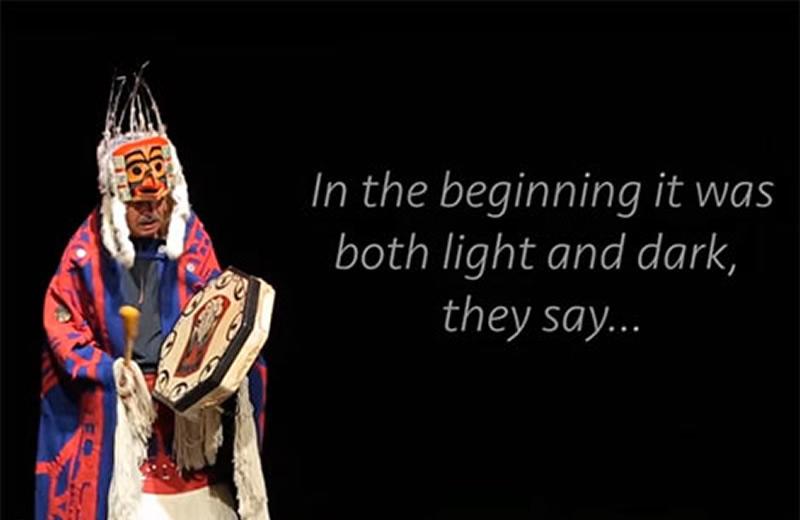Honouring Our Journey - Haida and Tsimshian Nations culture and history
"The door is open for you to learn," says Kitkatla Councillor, Timothy Innes. "Learn how our culture is and what it entails … and who we are, then (you) can work with us more comfortably … you're not intruding."
The North Coast Indigenous Health Improvement Committee (IHIC) is pleased to launch a video, Honouring Our Journey, that provides information for health care providers about the Haida and Tsimshian Nations culture, history, and how these impact their health care needs.
"If doctors and nurses come with an open mind and are genuine, lots will be returned to them as our people are kind and generous," says Elizabeth Moore, an Elder in Old Masset.
In 2014-2015, Indigenous Health provided financial support to each of the nine A/IHICs in the north to develop local cultural resources. These resources were guided by the question,
"If I were a new health care practitioner in your community, what would you want me to know?"
In the video, Lauren Brown, the Health Director in Skidegate, encourages health care providers to consider "the whole person, including their beliefs and traditions." Cindy Ignas, the Health Director in Kitkatla advises,
"You have to really listen and be very careful to not make any judgements and to understand the cultural lens that you bring as a non-First Nations person … step back from your biases, assumptions, and judgements and try to really learn, be curious and ask lots of questions."
Betty Reece, the Health Director in Lax Kw’alaams, says, “Come out and meet the people apart from your workplace.”
This impactful video covers important and relevant topics such as:
- The present day impacts of Residential School experiences on health care interactions,
- The current role of traditional medicines and the importance of health care providers asking about their use to prevent possible negative interactions with prescribed medications,
- The importance of using plain language, including family and/or translators in the appointment,
- And learning about the gathering and use of traditional foods in health and well-being.
I highly encourage you to watch this 25 minute video and share it with others. If you have any questions or would like to learn more, Mary Wesley, video producer and the Aboriginal Patient Liaison in Prince Rupert and for the North Coast, would be happy to connect and even to facilitate group discussions following a screening.
This video is a beautiful gift from the North Coast First Nations in hopes that we all are inspired to continue our learning journeys towards a culturally safe health care system for all First Nations and Indigenous peoples. Another way to develop your understanding of First Nations and Indigenous peoples is the San’yas Indigenous Cultural Safety Training, an online course by the Provincial Health Services Authority.
A booklet summarizes the cultural resources developed by A/IHICs across the North.














Comments